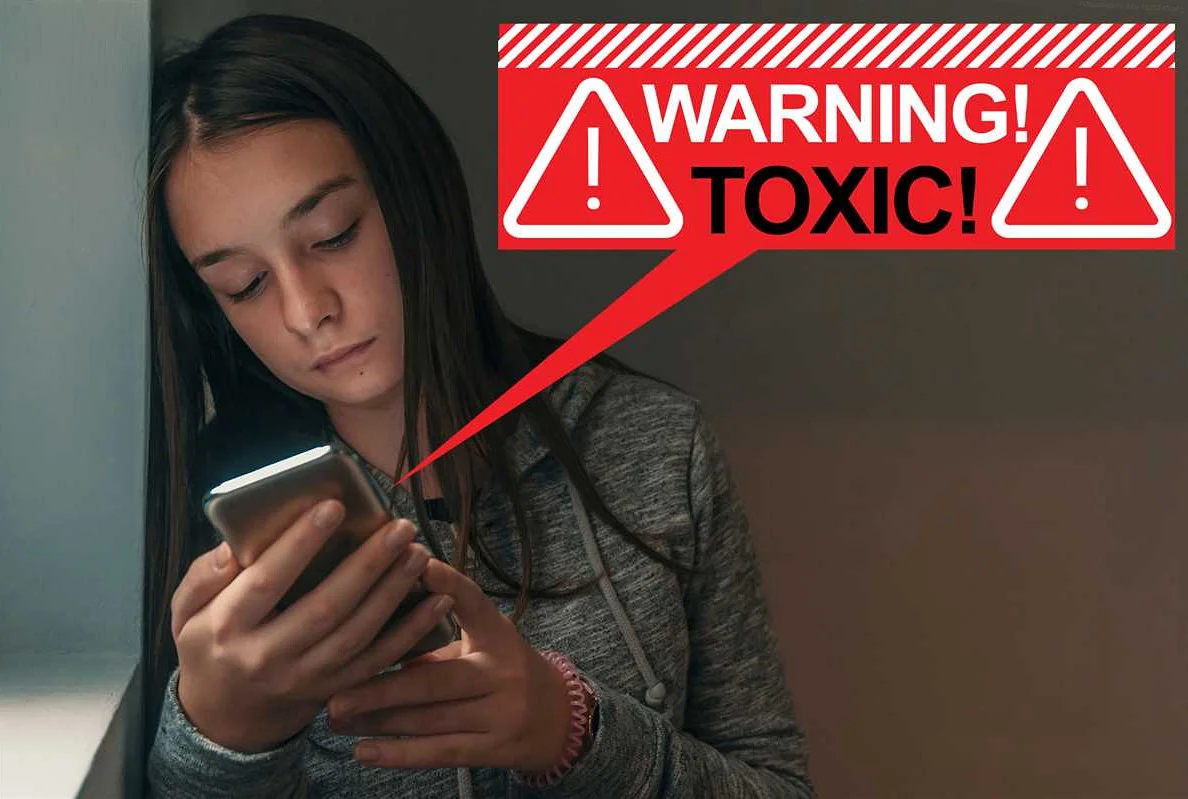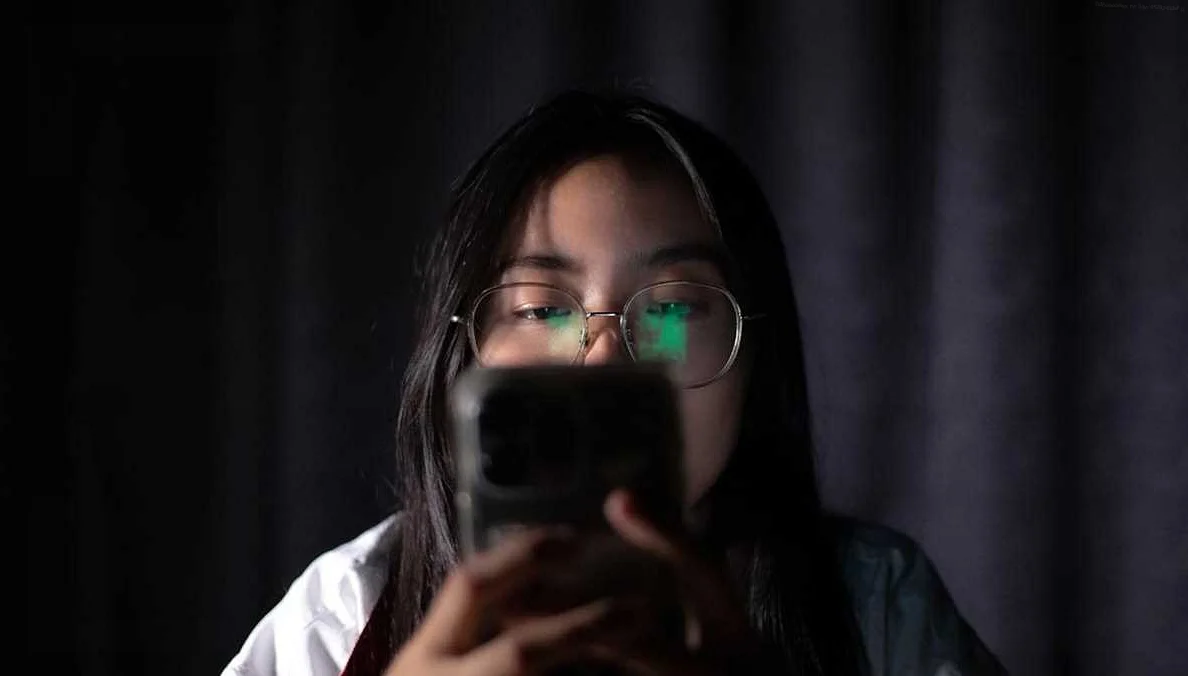Selfie and Social Media Addiction to be Officially Diagnosed
Содержимое
The rise of selfie and social media addiction is becoming a serious concern, and experts predict that it will soon be officially recognized as a diagnosable disorder. Learn about the signs and symptoms, and how this addiction is affecting individuals and society as a whole.
In today’s digital age, it seems that everyone is constantly connected, capturing every moment with their smartphones and sharing their lives on social media. From snapping selfies to uploading them on various platforms, the phenomenon of the selfie has taken the world by storm. However, what happens when this seemingly harmless trend becomes an obsession? When does taking selfies and staying active on social media cross the line and become an addiction?
Researchers and psychologists are beginning to explore this new territory, examining the impact of excessive selfie-taking and social media usage on mental health. The rise of selfie and social media addicts has raised concerns as questions about the potential negative effects on self-esteem, body image, and overall well-being are being raised.
What distinguishes someone as a selfie and social media addict? It’s more than just snapping a quick photo or sharing posts online. It involves an excessive preoccupation with capturing the perfect selfie, constantly seeking validation and engagement from others in the form of likes and comments. It becomes a compulsion to be constantly present on social media platforms, whether it’s scrolling through endless feeds or updating one’s own profile with each passing moment.
While social media has its benefits, such as connecting people and sharing experiences, it can also have detrimental effects. Excessive selfie-taking and social media usage have been linked to feelings of loneliness, anxiety, depression, and a distorted self-perception. The constant comparison to others and the pressure to maintain a certain online image can take a toll on one’s mental health.
As the selfie and social media addiction phenomenon continues to grow, it’s important for society to recognize the potential risks and address them. From educating individuals about healthy social media habits to providing support for those struggling with addiction, we must navigate this digital landscape with caution. Selfie and social media addicts are a new reality, and it’s crucial to understand and tackle this issue head-on.
Selfie Culture: A New Social Phenomenon
Selfies have become an undeniable part of our culture, transforming the way we communicate and interact with others. This phenomenon, known as selfie culture, has taken social media by storm, captivating millions of people worldwide.
The rise of selfie culture can be attributed to various factors, including the widespread use of smartphones with high-quality cameras, the rise of social media platforms like Instagram and Snapchat, and the desire for self-expression and validation in the digital age.
Selfies offer a unique form of self-portraiture, allowing individuals to control their image and present themselves to the world in a curated way. It has become a tool for self-promotion, personal branding, and documenting one’s life experiences.
However, selfie culture is not without its critics. Some argue that it promotes narcissism and self-obsession, as individuals become hyper-focused on their appearance and seek validation through likes and comments on social media. Others argue that it fosters a culture of comparison and unrealistic beauty standards.
Regardless of the criticisms, selfie culture is here to stay. It has become a powerful force in shaping our online identities and reshaping the way we communicate. As technology continues to advance, it is likely that selfie culture will only become more pervasive, with new apps and filters constantly emerging to enhance our self-portraits.
Selfie culture has also given rise to new trends and challenges, such as the “duck face” pose or the “no-makeup” selfie, further fueling the obsession with self-image and appearance. It has become a way for individuals to express themselves, connect with others, and join in on the latest social media trends.
In conclusion, selfie culture has become a new social phenomenon that reflects the changing dynamics of our digital society. It has its critics and enthusiasts, but one thing is for certain: selfies are here to stay, and they have become an integral part of our online lives.
The Rise of Selfie Addiction
Selfies have become a global phenomenon in recent years, with people of all ages and backgrounds participating in the trend. But what may have started as a fun and harmless way to capture a moment has evolved into something much more concerning: selfie addiction.
Selfie addiction refers to the compulsion to constantly take and share selfies, often to the detriment of one’s mental and emotional well-being. This addiction can have a profound impact on individuals, leading to feelings of low self-esteem, anxiety, and even depression.
One of the main drivers of selfie addiction is social media. Platforms like Instagram and Snapchat have created a culture where capturing and sharing the perfect selfie is seen as a measure of popularity and self-worth. As a result, individuals feel pressure to constantly present a curated version of themselves online, leading to the addictive cycle of taking and sharing selfies.
In addition to the social pressures, selfie addiction can also be fueled by the neurochemical rewards that come from posting a selfie and receiving positive feedback in the form of likes, comments, and shares. This positive reinforcement strengthens the desire to continue seeking validation through selfies, leading to a vicious cycle of addiction.
Furthermore, selfie addiction can also have negative consequences on personal relationships. Excessive selfie-taking can lead to a detachment from reality and a preoccupation with one’s online persona, causing individuals to neglect real-life interactions and experiences. This can strain relationships and isolate individuals from their friends and family.
As selfie addiction continues to rise, it is important for individuals to recognize the potential dangers and seek support if they find themselves struggling with this addiction. Mental health professionals can provide guidance and strategies for breaking the addictive cycle and building a healthier relationship with social media and self-image.
In conclusion, the rise of selfie addiction has become a growing concern in today’s society. It is crucial for individuals to be mindful of their selfie-taking habits and prioritize their mental well-being over the need for validation through social media. Selfies can be a fun way to capture memories, but when they become an obsession, it’s time to take a step back and reevaluate our relationship with technology and self-image.
Social Media and Selfie Obsession

People are now more inclined to capture every moment of their lives and share it online for validation and attention. This obsession with documenting every activity has created a culture of narcissism and self-obsession.
Selfies, in particular, have become a popular trend on social media platforms, with individuals constantly seeking affirmation and approval through the number of likes and comments they receive on their posts. This constant need for validation has led to an unhealthy obsession with self-image and appearance.
Moreover, social media has also amplified the pressure to present a perfect life online. People often curate their profiles to showcase a life filled with travel, adventure, and success. This constant comparison to others’ seemingly perfect lives can lead to feelings of inadequacy and low self-esteem.
Additionally, the addictive nature of social media can have detrimental effects on mental health. Studies have shown a correlation between excessive social media use and increased rates of anxiety, depression, and body dissatisfaction.
It is important to recognize the potential negative impact of social media and selfie obsession on mental health. Finding a balance between online and offline activities, practicing self-acceptance, and cultivating genuine connections are essential in combating this addiction and promoting a healthier relationship with social media.
Impact on Mental Health

Selfie and social media addiction can have a significant impact on mental health. Constantly seeking validation and attention from others through likes and comments can lead to feelings of low self-esteem and self-worth. When individuals base their self-image and self-worth on the number of likes and followers they have, they become vulnerable to negative emotions such as sadness, anxiety, and depression.
Furthermore, excessive selfie-taking and social media use can contribute to feelings of loneliness and isolation. Instead of engaging in meaningful face-to-face interactions, individuals may find themselves spending hours scrolling through social media feeds, comparing themselves to others, and feeling left out or inadequate. This constant need for validation and comparison can lead to a constant sense of dissatisfaction and a negative impact on overall well-being.
Additionally, the pressure to maintain a curated and perfect online persona can be overwhelming. This can lead to feelings of stress and anxiety as individuals try to portray an idealized version of themselves to the world. The constant need to capture the perfect selfie or creation of an enviable online persona can take a toll on mental health and lead to feelings of inadequacy when unable to meet unrealistic standards.
Moreover, the addictive nature of selfie-taking and social media can lead to a decrease in productivity and concentration. Constantly checking notifications, posting updates, and seeking validation can become a distraction from real-life responsibilities, education, or work. This can lead to a cycle of procrastination and decreased motivation, impacting overall mental well-being and performance.
It is crucial to recognize the potential negative impact of selfie and social media addiction on mental health. Finding a balance between online and offline interactions, engaging in activities that promote self-esteem and self-worth, and seeking support when needed can all contribute to maintaining a healthy relationship with technology and promoting overall mental well-being.